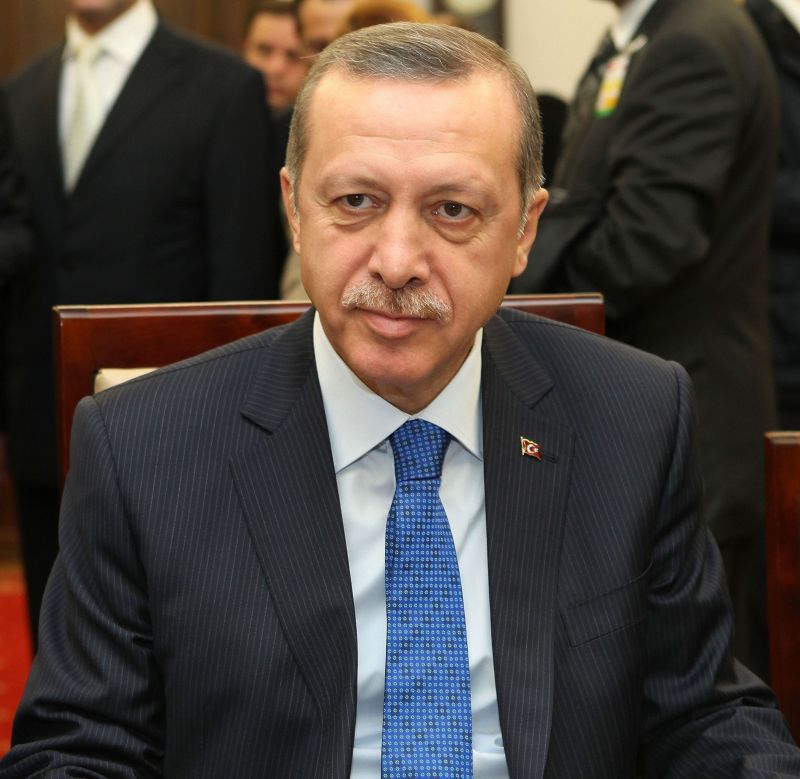

In the midst of the conflict against the Islamic State in Iraq and Syria (ISIS), the United States and its allies have been continuing to launch military operations in both Iraq and Syria, wherever they believed the militants to be active. While the U.S. Air Force and Navy have been receiving heavy criticism that air strikes are not the ultimate solution, Turkey has agreed with the U.S. to partake in this now global conflict against the Islamic State. Yonhap News reported that the Turkish Parliament has approved their military to dispatch forces abroad while at the same time approving the deployment of foreign troops in Turkish territory for the first time in history.
Recep Tayyip Erdogan, the president of Turkey stated that relying on air strikes alone is not enough to defeat the Islamic State and was reported to have discussed specific strategies to respond to the militants that have captured cities that are literally several kilometers away from the Turkish border. Today, the U.S. government announced that it will dispatch an ambassador to Turkey to discuss military tactics with their ally.
There are however, still some issues that must be addressed regarding differences in opinion between the Turkish and American militaries. One point is whether the Turkish military will prioritize in carrying out operations in either Iraq or Syria, and exactly when their forces will start directly intervening in the conflict directly. The talks with the U.S. ambassador will be taking place earlier next week.
Another issue that the Turkish administration brought up was the installation of a safety zone, where no military aircraft will be permitted to fly through. Turkey's Minister of Defense proposed that they designate an area in Syria as a kind of sanctuary for Syrian refugees to escape to, away from the violence and persecution of the ISIS militants. He also explained that they needed to provide food, water and other supplies for these refugees who are in desperate need of help.
Last month, the U.S. had already requested that Turkey cooperate militarily in the fight against the Jihad militant group. However at the time, the Turkish administration refused to comply to the request pointing out the ISIS was holding 46 Turkish hostages.
Even further in the past during the US-led invasion of Iraq in 2003, the U.S. requested that Turkey allow the U.S. Air Force to use one of their bases in order to carry out air strikes in Iraq, but the Turkish government had refused. So Chuck Hagel, the U.S. Secretary of Defense said that Turkey's recent participation in the ISIS conflict was a huge breakthrough in US-Turkey military relations.
Meanwhile, the U.S. alone had operated at least 400 air strikes in Iraq alone, but despite the immense sum of money and weapons that were invested in this undertaking by both America and its allies, ISIS militants still have free reign over the Middle East. President Barrack Obama, after some heavy criticism for his limited strategies against the terrorists admitted recently that he had underestimated ISIS.
Other countries like France and the United Kingdom and the United Arab Emirates have been conducting their own military operations in the Middle East. While the U.S. has recently approved to dispatch ground troops to Iraq, the U.K. has also dispatched SAS, its elite team of special operations forces to overcome the limits of air strikes.



















